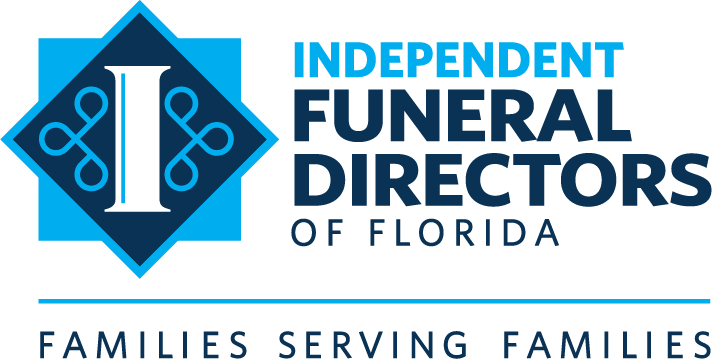Unique Program Recycles Pacemakers Retrieved from the Deceased
Deathcare professionals are keenly aware of how much an individual’s corporeal form can contribute to society after death. From organ donations that save countless lives to allowing remains to be studied for medical research, the human body continues to give back long after its soul has vacated the premises. One relatively new example of this unique synergy between life and death is the “My Heart Your Heart” (MHYH) pacemaker recycling initiative spearheaded by the University of Michigan’s Frankel Cardiovascular Center. This program aims to collect, refurbish, and distribute pacemakers to patients in low- and middle-income countries who lack access to these life-saving devices.
The global need for pacemakers
Cardiovascular disease remains the leading cause of death worldwide, with an estimated 80% of these fatalities occurring in low- and middle-income nations. A significant contributor to this statistic is the prohibitive cost and limited availability of pacemakers in these regions. Addressing this disparity, MHYH has established a sustainable model for pacemaker reuse, ensuring that patients in underserved areas receive the care they desperately need.
Funeral directors and coroners play a pivotal role in the success of the MHYH program. By facilitating the collection of pacemakers from deceased individuals, they serve as the primary conduit between potential donors and recipients. Since 2018, approximately 60,000 pacemakers have been donated to the MHYH project, with the majority sourced from funeral homes.
A testament from the field
Hamilton County, Indiana Coroner Jeff Jellison recently began participating in the nationwide MHYH effort after learning about it from a physician. His involvement underscores the profound impact that deathcare professionals can have and highlights the ethical and humanitarian considerations that guide the deathcare industry.
“When most people think of coroners, they think of death. And this is an opportunity to kind of change that,” Hamilton County Coroner Jeff Jellison told WTHR News. “Because now, we have coroners that are saving lives. So that’s rewarding for us to know that we may have just come off a really bad scene. But after we get back, we may be sending one of these off to save a life for someone who can’t afford it.”
Jellison’s office has collected seven pacemakers so far, and a local funeral home contributed 23 more to be donated to the program. Upon receipt of these devices, University of Michigan researchers will clean, test, and sterilize them in preparation for re-implanting. Research conducted by the Frankel Cardiovascular Center has demonstrated that these reconditioned pacemakers are both effective and pose minimal risk of infection when implanted in patients.
Join the cause
The MHYH program exemplifies how collaboration between medical institutions and deathcare professionals can transform a previously discarded resource into a beacon of hope for many. By participating in this initiative, funeral directors and coroners not only honor the wishes of donors but also contribute significantly to global health equity.
Several deathcare organizations are already involved with the MHYH mission, including the Michigan Funeral Directors Association and Implant Recycling, which has donated more than 100,000 pacemakers to date. If you’re interested in joining this life-affirming endeavor visit the MHYH website at https://www.umcvc.org/conditions-treatments/my-heart-your-heart or email the MHYH Coordinating Center at MCORRPMHYH@med.umich.edu.
